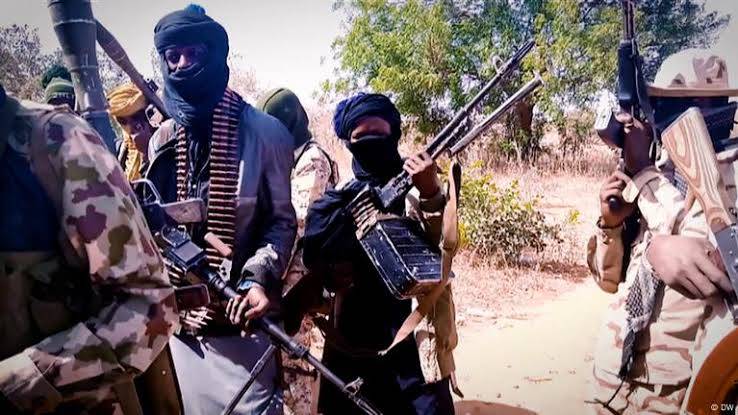Boko Haram's Resurgence: Borno State Bleeds As Death Toll Hits 300
The resurgence of Boko Haram in Borno State has led to a devastating loss of lives, with over 300 people killed in 252 attacks within the last six months. This alarming statistic was revealed by Senator Ali Ndume, representing Borno South, who led a delegation to seek help from the military high command. The delegation's visit to the Chief of Defence State, General Christopher Musa, the Chief of Army Staff, and other service chiefs in Abuja underscored the gravity of the situation.
According to Senator Ndume, the attacks have resulted in the deaths of over 100 soldiers and 238 civilians, with many more injured or displaced. The terrorists have also been engaging in internecine conflicts, with over 800 terrorists eliminated by the Nigerian Armed Forces and 500 killed in infighting between ISWAP and Boko Haram. The situation on the ground is dire, with three local governments – Gudumbari, Marche, and Abadam – under Boko Haram's control.
The security situation has become so precarious that movement between local governments is heavily restricted. After 5 pm, roads are closed, and travelers are unable to move until 8 am the next day, even after the Nigerian army has scanned the roads manually. The road from Maiduguri to Biu, which normally takes two hours, is now closed, and people can only travel under escort. The Nigerian army is doing its best to facilitate movement, but it's a challenge.
The Boko Haram insurgency has also led to the displacement of military formations in several areas, including Wajiruku, Sabongari, Monguno, and Ngala local government. Senator Ndume acknowledged that the army is doing its best, but they are overstretched. The total strength of the Armed Forces, including the Army, Air Force, and Navy, is less than 300,000, which is insufficient to tackle the growing security challenges.
Senator Ndume emphasized the need for the military to be trained, equipped, armed, and motivated to effectively address the security challenges. He stressed that the army, police, and Air Force are overstretched and require adequate support to tackle the insurgency. The senator's call for support highlights the complexity of the security situation in Borno State and the need for a multifaceted approach to address the crisis.
Boko Haram's insurgency has been ongoing in Nigeria for over a decade, with the group seeking to create an Islamic state in the country. The group's activities have resulted in the loss of thousands of lives and the displacement of millions of people. Despite military efforts to quell the insurgency, Boko Haram remains a potent force in the region.
The resurgence of Boko Haram in Borno State is a worrying development that requires urgent attention. The Nigerian government and military must take concrete steps to address the security challenges and provide support to the affected communities. The situation demands a comprehensive approach, including military action, dialogue, and economic empowerment, to tackle the root causes of the insurgency.
In recent times, Senator Ndume has also raised concerns about claims that the US Agency for International Development (USAID) funded Boko Haram and other terrorist groups. He urged the Federal Government to investigate these claims and take necessary action.
The people of Borno State deserve a safe and secure environment, and it's the responsibility of the government and security agencies to provide it. The current situation is a call to action, and all stakeholders must work together to address the crisis and ensure the well-being of the affected communities.




No comments yet
Be the first to share your thoughts!